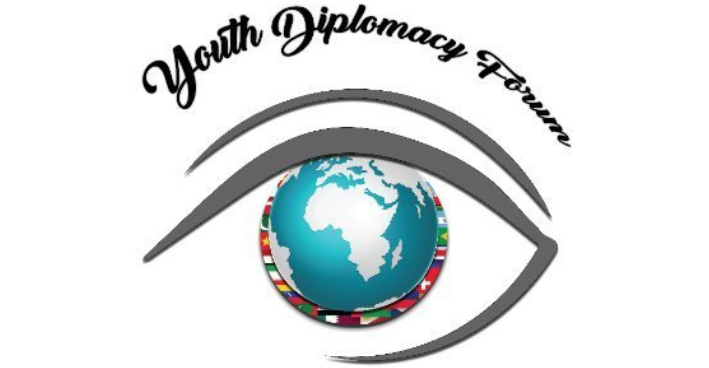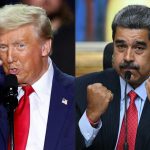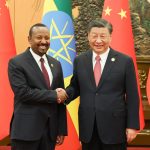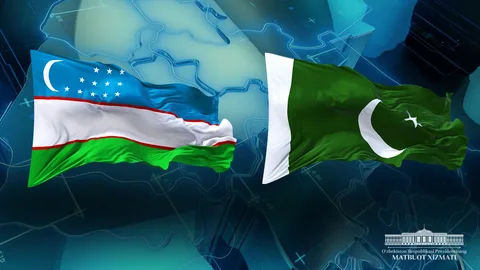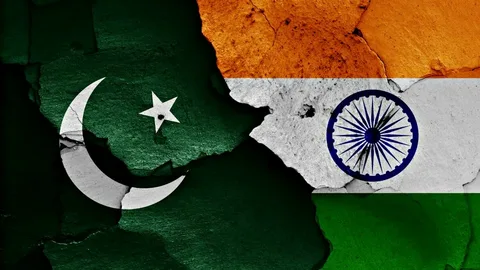US and EU Finalize 15% Tariff Deal to Avoid Trade War
A broad agreement is announced in Scotland by US President Donald Trump and European Commission President Ursula von der Leyen.
Ahead of a deadline of August 1 for the implementation of high tariffs, the United States and the European Union have signed a comprehensive trade agreement, preventing a full-scale transatlantic trade war.
US President Donald Trump and European Commission President Ursula von der Leyen met privately in Scotland on Sunday before reaching the agreement, which puts a 15 percent tariff on the majority of European goods.

It was an extremely fascinating negotiation. At his Turnberry golf resort, Trump told reporters, “I think it’s going to be great for both parties,” calling the agreement the “biggest deal ever made.
” The agreement will “bring stability” and “bring predictability that’s very important for our businesses on both sides of the Atlantic,” according to von der Leyen.
Following initial agreements with Japan, the United Kingdom, Indonesia, Vietnam, and the Philippines, as well as a 90-day trade truce with China, the accord is the most ambitious of Trump’s trade agreements to date.
It was signed only days before Washington was scheduled to put a 30 percent tariff on EU imports.
With about $2 trillion in two-way commerce in goods and services last year, the EU is the US’s biggest trading partner. Automobiles and other European products will be subject to the 15 percent levy under the agreement.

The European auto industry, which had been subject to a 25 percent tariff since April on top of a 2.5 percent levy that was already in place, is relieved by the 15 percent baseline rate.
A small number of products, such as semiconductor equipment, aircraft parts, some chemicals, and some agricultural products, will be completely free from duties under the deal.
Trump said that in addition to increasing total investment in the US by $600 billion and putting a sizable order for military hardware, the EU also agreed to purchase roughly $750 billion worth of US energy.
Trump declared, “We have the opening up of all the European countries.” Nevertheless, the release contained very little information. In a note, Carsten Brzeski, Global Head of Macro for ING Research, stated, “The big caveat to today’s deal is that there is nothing on paper, yet.”

“Any assessment must be viewed with more than one grain of salt, as the coming hours and days should provide greater clarity.”
The development comes after months of heated back-and-forth discussions between Trump, who has long accused the EU of unfair trade practices, and European officials.
Trump referred to the current agreements as “a very one-sided transaction; very unfair to the United States” just prior to the start of discussions. Von der Leyen said that the US and Europe’s combined economic power amounted to “hundreds of millions of people and trillions of dollars” in commerce on Sunday.
Trump responded, “But fair,” to von der Leyen’s acknowledgement of his “tough” image as a negotiator.
Averted trade conflict When Trump threatened to impose a 30 percent tariff unless the EU matched the 15 percent rate he had agreed to with Japan earlier this month, negotiations seemed on the verge of breaking down.
Trump firmly said, “No,” when asked if he would take anything less. Brussels had draughted a lengthy list of retaliatory tariffs that target everything from beer and cattle to Boeing aeroplanes and auto parts in case the parties are unable to come to an agreement.
Friedrich Merz, the German chancellor, praised the accord. In a statement, Merz stated, “This agreement has succeeded in averting a trade conflict that would have hit the export-oriented German economy hard.”
“This is especially true for the automotive sector, where the current 27.5 percent tariffs will be nearly cut in half to 15 percent.” Giorgia Meloni, the prime minister of Italy, stated that while she was “positive” that a trade agreement had been achieved, she would need to see the specifics in order to assess it accurately.

Other legislators in Europe were more critical. Rasmus Jarlov, a Danish MP, called the announcement “nothing to celebrate.” Jarlov, a member of the Conservative People’s Party, stated on X that “we will all be worse off and almost everything will become more expensive in both Europe and the USA.” “The West is suffering greatly as a result of the White House’s economic illiteracy.”
On Monday, Trump, who will remain in Europe until Tuesday, will meet with UK Prime Minister Keir Starmer for discussions that are also anticipated to mainly centre on trade.
Although a distinct trade framework between the United States and the United Kingdom was introduced in May, numerous aspects of the agreement remain unclear. Before leaving for Washington later that day, Trump will make the trip to Aberdeen on Tuesday to inaugurate a third golf course bearing the family name.
Source: Al Jazeera
